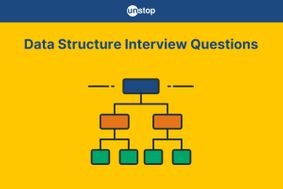Login to continue reading
And access exclusive content, personalized recommendations, and career-boosting opportunities.
Don't have an account? Sign up
Blogs you need to hog!

How To Write Finance Cover Letter For Morgan Stanley (+Free Sample!)
Unstop


55+ Data Structure Interview Questions For 2026 (Detailed Answers)
Muskaan Mishra


How To Negotiate Salary With HR: Tips And Insider Advice
Srishti Magan


80+ TCS NQT Interview Questions & Answers (2026) You Must Prepare
Urvashi Singhal













Comments
Add comment